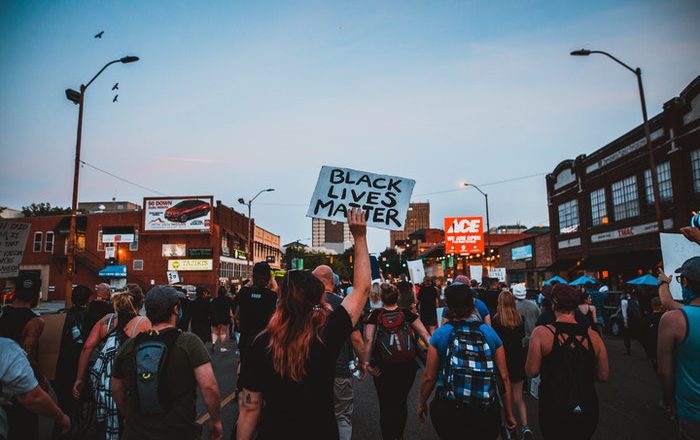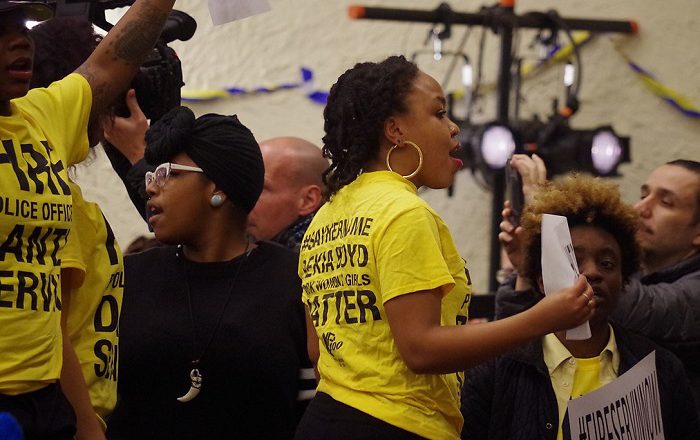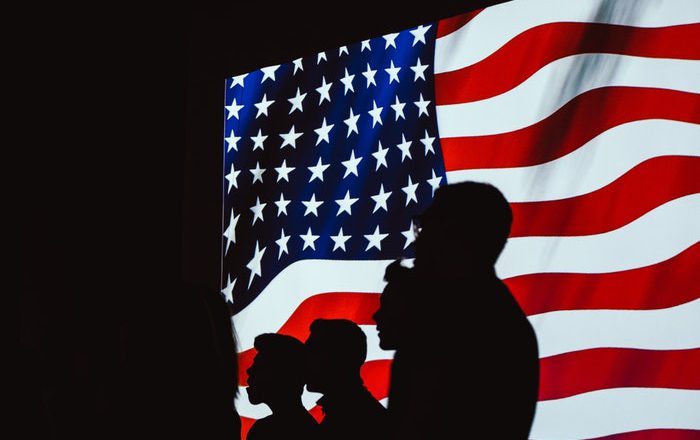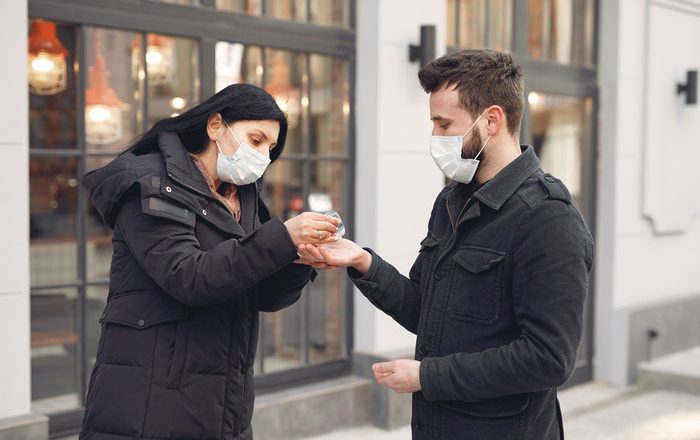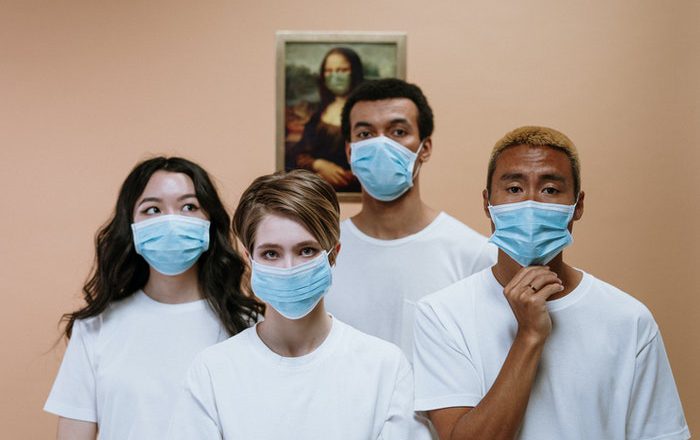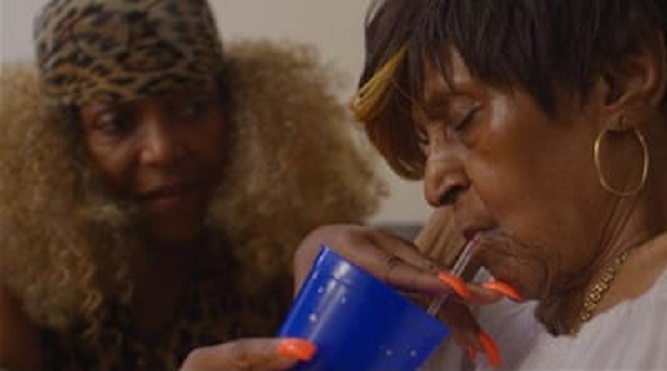Life on welfare isn’t what most people think it is
When Americans talk about people receiving public assistance – food stamps, disability, unemployment payments and other government help – they often have stereotypes and inaccurate perceptions of who those people are and what their lives are like.
Statistics can help clarify the picture by challenging false stereotypes of undeserving people gaming the system, but people’s stories about their own experiences can be more memorable and therefore more effective in changing minds.
As an anthropologist and folklorist seeking to better understand life on public assistance, I have worked with a team of researchers in North Carolina over the past seven years, recording stories people tell about welfare in America. We’ve talked to more than 150 people and recorded over 1,200 stories and found that...

